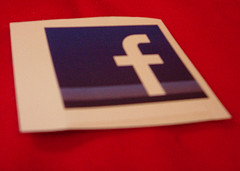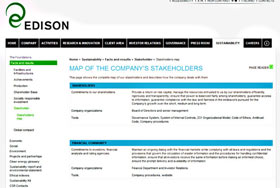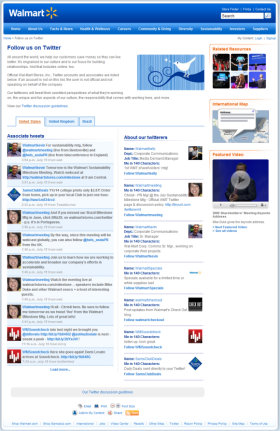Very often, mishaps occur in pronunciation of a company’s name. It can result from having misheard it or simply just a preference for saying it a certain way. Then also, there are instances when the dialect leans toward a more comfortable way of saying things.
Some take offense if their brand/name is mispronounced, preferring that the name is studied carefully, taking more time to say it correctly.
Has that ever happened to your company or brand?
But kudos to to the global advertising brand, BBDO (part of the Omnicon corporation) as having heard the brand “Pepsi” being mispronounced and using it as a marketing strategy. The misspeak of the brand’s name is being advertised to the Argentinian market where surely their campaign will get one of the major soft-drink leaders a sharp increase in sales. A small portion (25%) of the Spanish population in Argentina can’t help but to pronounce the “s” in P-e-p-s-i as a “c”. In the Spanish tongue, it’s much easier to pronounce that way, so the caramel-colored drink is called Pesci.
“Pecsi” is an easier pronunciation given Spanish phonetics, and it sort of comes naturally. According to a recent survey, 25% of the population says it that way. (Full article at Adage.com; image is theirs)
Instead of Pepsi or even BBDO ignoring that market segment, or worse, trying to change them, BBDO advertising savants have wisely catered to the culture by launching a Spanish-written Twitterfeed campaign, complete with a Pesci website that will market the soda Pepsi as Pesci instead. How wildly clever is that!
What I find so impressive about the campaign is their sensitivity to the population and respecting the pronunciation that they are comfortable using. Wouldn’t it perhaps seem all too obvious that they would maybe try to “inform” or “educate” the market and lean them towards the right enunciation? I’m glad they didn’t! But instead, the advertising brand has smartly embraced the slight of tongue, capitalizing on an idea with a share of the population that I’m sure makes them feel pretty special, and that their consumers’ voice is heard…and a response given.
What do you think about this marketing approach by BBDO? Do you think the idea would assimilate easily into other cultures and other markets? Would there be some that perhaps might be offended? Or would they be flattered? Do share!







 Real Friends and Twitter Friends
Real Friends and Twitter Friends